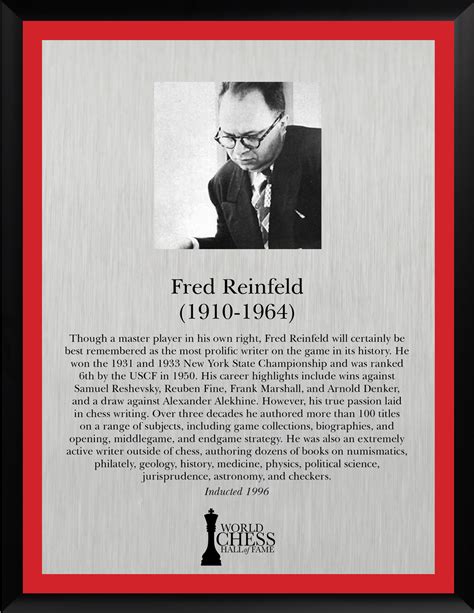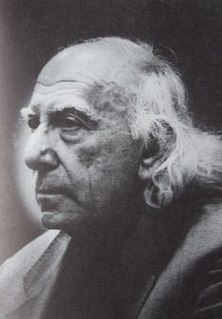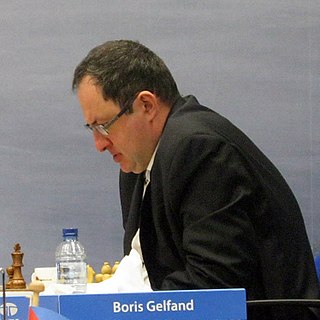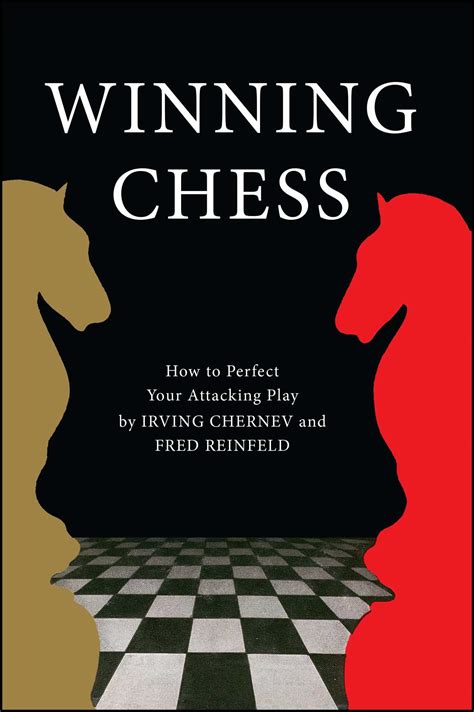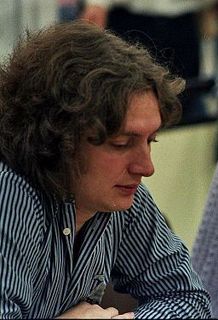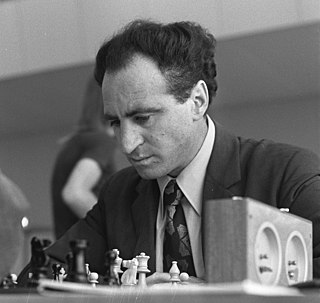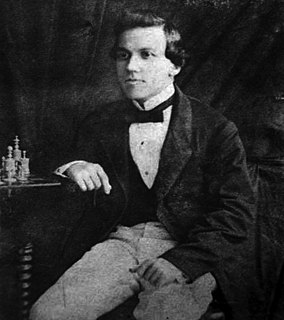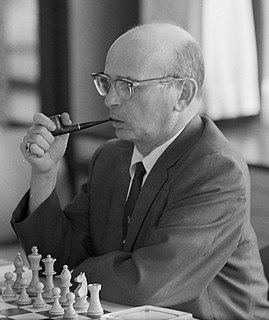A Quote by Emanuel Lasker
I have known many chess players, but among them there has been only one genius - Capablanca!
Related Quotes
As with Steinitz, Fischer's genius has often been concealed by controversies away from the board. Like Lasker, Fischer has raised chess to new financial heights despite frequent retreats from serious play. And, like Capablanca, Fischer is recognized by millions of non-players and has won the game many new enthusiasts.
One interesting indication of Capablanca's greatness is that to non-chess players his name was better known than the names of all other chess masters together! This was due partly to his engaging personality and distinguished appearance: he was one of those exceptional people who at once stand out in a crowd.
But the thing that was great about Capablanca was that he really spoke his mind, he said what he believed was true, he said what he felt. He [Capablanca] wanted to change the rules [of chess] already, back in the twenties, because he said chess was getting played out. He was right. Now chess is completely dead. It is all just memorisation and prearrangement. It's a terrible game now. Very uncreative.
When I used to go to the Manhattan Chess Club back in the fifties, I met a lot of old-timers there who knew Capablanca, because he used to come around to the Manhattan club in the forties - before he died in the early forties. They spoke about Capablanca with awe. I have never seen people speak about any chess player like that, before or since.
For my victory over Capablanca I am indebted primarily to my superiority in the field of psychology. Capablanca played, relying almost exclusively on his rich intuitive talent. But for the chess struggle nowadays one needs a subtle knowledge of human nature, an understanding of the opponent's psychology.
The Advantage is that mathematics is a field in which one's blunders tend to show very clearly and can be corrected or erased with a stroke of the pencil. It is a field which has often been compared with chess, but differs from the latter in that it is only one's best moments that count and not one's worst. A single inattention may lose a chess game, whereas a single successful approach to a problem, among many which have been relegated to the wastebasket, will make a mathematician's reputation.
I have also known some of the world's finest brains and some of these, though passionately fond of chess, have been pretty poor players. I used to know one of the world's leading mathematicians and whenever we played chess I had to give him the odds of a Queen to make matters more equal, and even then I always won.


